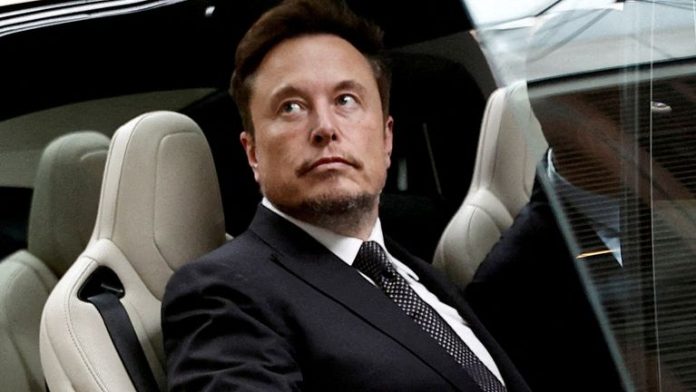The world’s five richest people Elon Musk, Bernard Arnault, Jeff Bezos, Larry Ellison, Mark Zuckerberg have managed to more than double their fortunes since 2020, compared to the wealth of the poorest 60 per cent – nearly five billion people, Scotsman reports.
The charity Oxfam conducted a study which found that the fortunes of the world’s richest people – Elon Musk, owner of company X, Bernard Arnault, head of LVMH, the world’s largest luxury goods company, Amazon chief Jeff Bezos, Oracle chief Larry Ellison and Mark Zuckerberg of Meta – have increased by $464 billion (£364 billion), or 114 per cent, to $869 billion [£682] since 2020.
Over the same period, the total wealth of the poorest 4.77 billion people, who make up 60 per cent of the world’s population, fell by 0.2 per cent.
The report’s authors say that if current trends continue, the world will have its first trillionaire in a decade, but poverty will not be eradicated for another 229 years.
The Inequality Inc report, released as the business elite gathers for the World Economic Forum in the Swiss resort town of Davos, examines the relationship between the dramatic increase in the wealth of billionaires and the rise of corporate and monopoly power, and how corporate power exploits and reinforces gender and racial inequality as well as economic inequality.
In seven of the world’s ten largest corporations, billionaires are chief executives or major shareholders. These corporations are worth $10.2 trillion [£8 trillion], more than the combined GDP of all countries in Africa and Latin America.
The authors of the study also found that the world’s richest 1 per cent own 43 per cent of all global financial assets. In the UK, the richest 1 per cent own 33 per cent of all financial assets worth $2.1 trillion [£1.6 trillion].
Over the same period, average real wages have fallen for nearly 800 million workers in 52 countries. These workers have lost a total of $1.5 trillion [£1.2 trillion] over the past two years, equivalent to 25 days of lost wages for each worker.
According to the latest Gini index, which measures inequality, global income inequality is now comparable to that of South Africa, the country with the highest inequality in the world. Aleema Shivji, Oxfam’s interim chief executive, said:
“These extremes cannot be accepted as the new norm. The world can’t afford another decade of division. Extreme poverty in the poorest countries is still higher than it was pre-pandemic, yet a small number of super-rich men are racing to become the world’s first trillionaire within the next ten years. This ever-widening gulf between the rich and the rest isn’t accidental, nor is it inevitable. Governments worldwide are making deliberate political choices that enable and encourage this distorted concentration of wealth, while hundreds of millions of people live in poverty. A fairer economy is possible, one that works for us all. What’s needed are concerted policies that deliver fairer taxation and support for everyone, not just the privileged.”
The charity is calling on governments to introduce progressive wealth taxes, which could reduce inequality and raise revenue for public investment. It comes days after Austrian heiress Marlene Engelhorn announced she would set up a commission of 50 ordinary Austrians to decide what to do with her £21.5m fortune.
